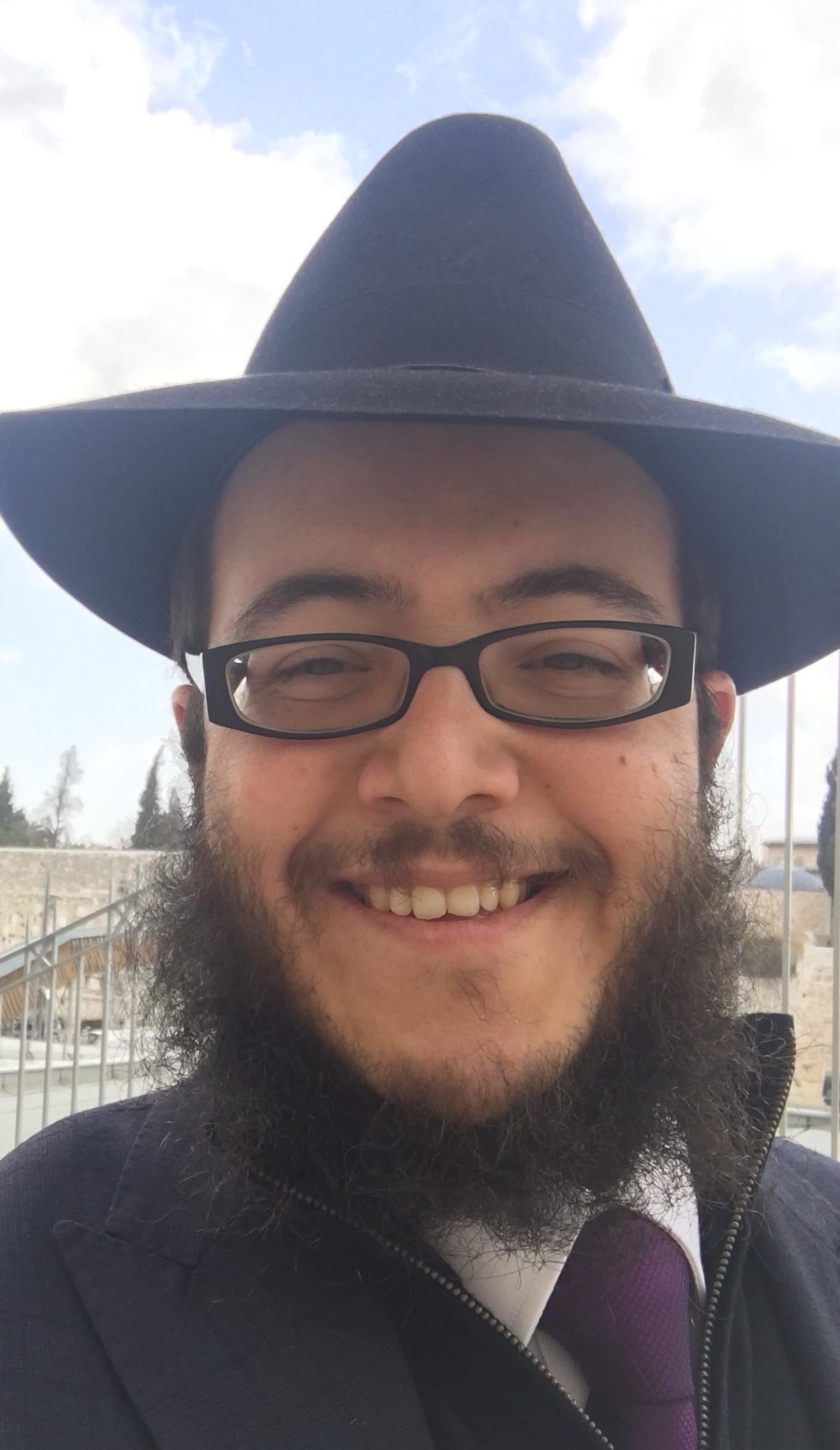
One of favourite Torah lessons is found in this week’s Parasha, Kedoshim. In one of the most important and extremely popular verses of Torah we are commanded “Ve’ahavtalerei’achakomocha” — “Love your friend as yourself.”
Undoubtedly, this command is all-inclusive and is not limited to any particular segment of the Jewish people. Though the term “rei’acha” is used, it doesn’t apply only to a friend with whom you have an ongoing relationship and friendship but it includes every Jew, even one you never met.
Reb Levi Yitzchak asks the following simple question: The word “kamocho”— “as yourself” — seems superfluous. It could have simply said “ve’ahavtalerei’acha” — “love your friend?”
Reb Levi Yitzchak explains that the Torah is not instructing how much a person should love his friend, or putting any limit that it be komocho — as yourself — and not more or less. In fact, according to him there is no restriction on how much to love another Jew, and it is permissive and even encouraged to love another Jew even more than oneself.
The Torah is, however, conveying advice for achieving the noble trait of loving another Jew. Torah knows that it is human nature not to see one’s own faults. Even a person with many failings will, due to self-love, not readily condemn himself. This is substantiated by King Shlomo’s statement, “Love covers all offenses”, and what greater love is there than self-love?
Nevertheless, it is human nature to see and recognize the faults and wrongdoings of others and even to condemn, admonish and ridicule them for it.
Hence, the Torah is teaching that you should love your fellow “kamocha” — “as yourself” — just as you love yourself. Just as you overlook your own faults, you should act precisely the same way concerning your friend.
Life brings many hardships and disappointments; times of trials and tribulations, and moments when one wants to blame another.
The Torah advises us that before offering criticism or condemnation, remember the apparently superfluous word “kamocha” as interpreted by Rabbi Levi Yitzchak of Berditchev.
Stop and think, “Am I looking at my friend, kamocha — the same as I would look at myself or am I perceiving my friend the same as I would perceive any other stranger?”
If every human being would always bear in mind the beautiful interpretation of Rabbi Levi Yitzchak of Berditchev, many friendships and marriages would be prolonged and much agony would be spared to so many people and families!







